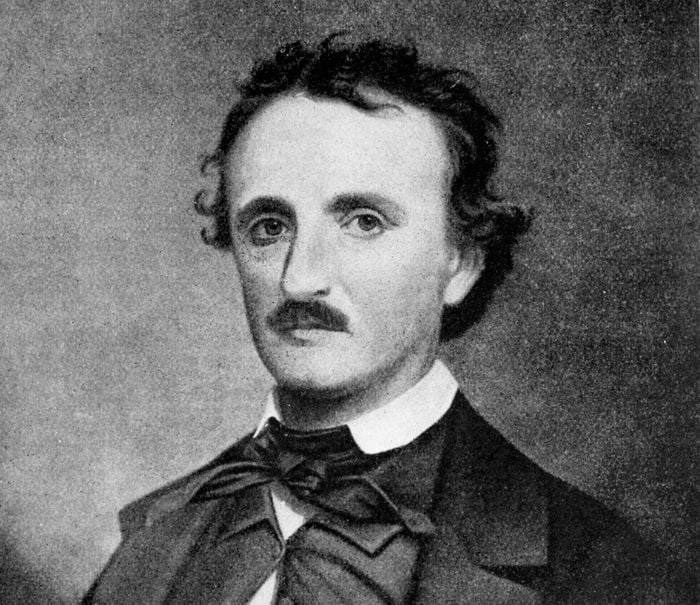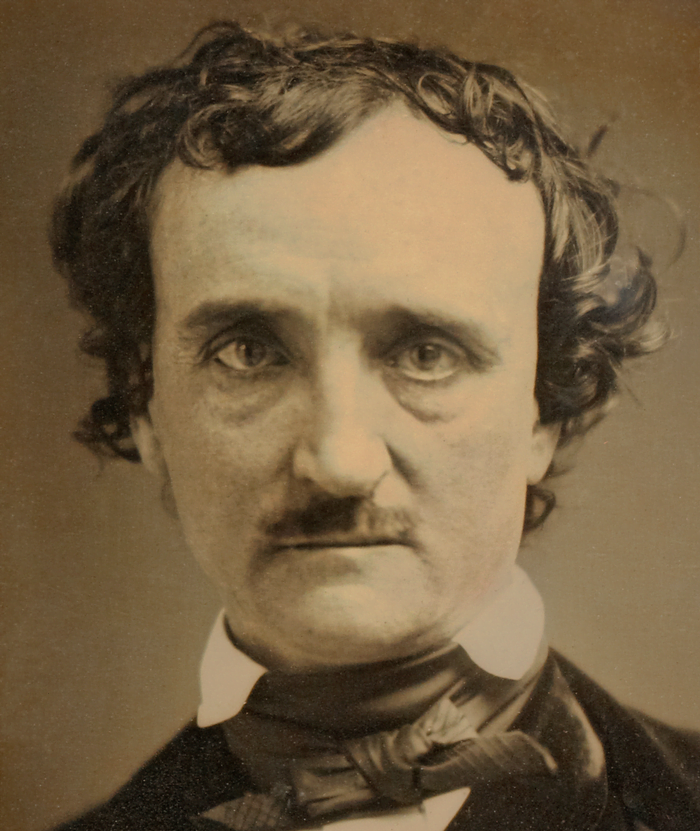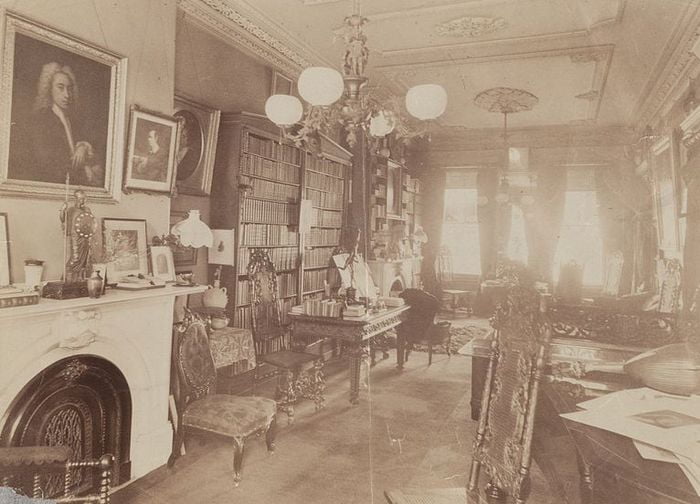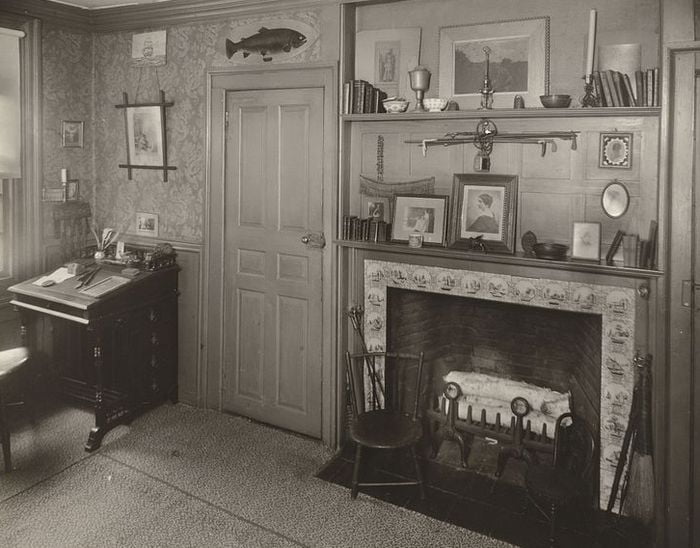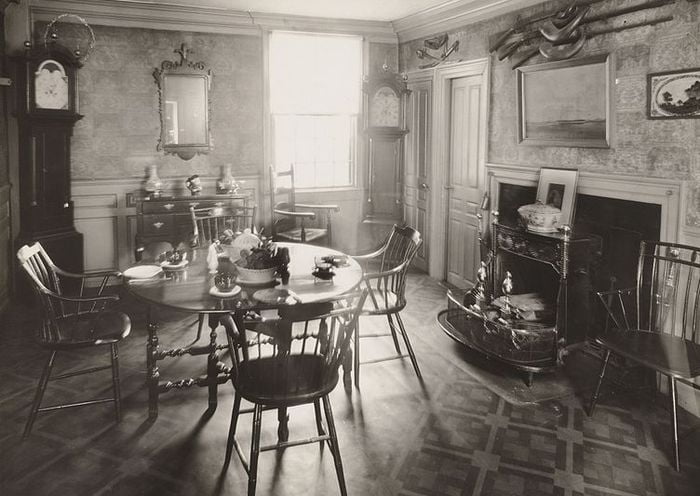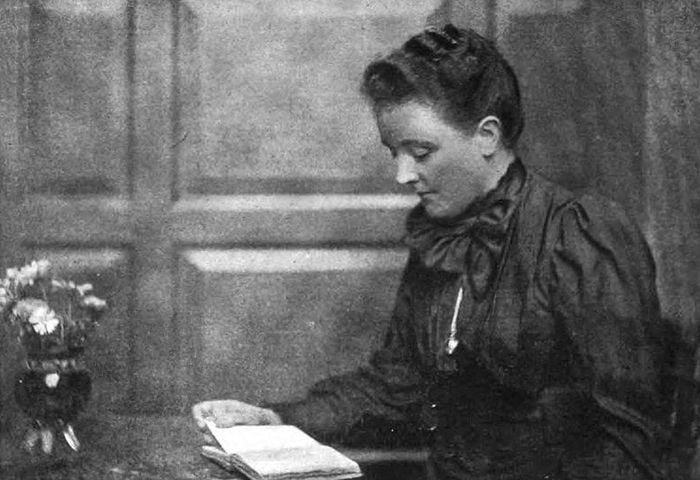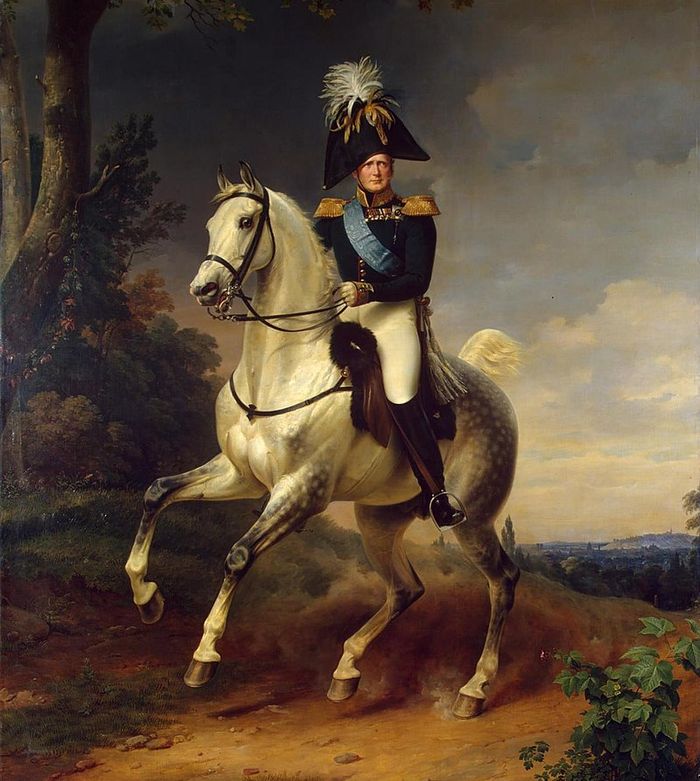The Tell-Tale Heart Part 3
When I had waited a long time, very patiently, without hearing him lie down, I resolved to open a little—a very, very little crevice...
The Tell-Tale Heart Part 2
Upon the eighth night I was more than usually cautious in opening the door. A watch`s minute hand moves more quickly than did mine....
The Tell-Tale Heart Part 1
Edgar Allan Poe (1809-1849)
Poe was born at Boston in 1809, and left an orphan while still in his infancy. He was adopted by a...
Miss Tempy`s Watchers part 9
“She didn`t begin to age until two or three years ago, did she?” asked Mrs. Crowe. “I never saw anybody keep her looks as...
Miss Tempy`s Watchers part 8
“There never was a better man,” responded Mrs. Crowe, in a really cheerful tone. She had recovered from her feeling of nervous dread, the...
Miss Tempy`s Watchers part 7
“`Tis a great thing for anybody to have got through, ain`t it?” said Mrs. Crowe softly, as she began to go down the stairs...
Miss Tempy`s Watchers part 6
This touched upon an exciting subject to active members of that parish. Miss Binson and Mrs. Crowe belonged to opposite parties and liad at...
Miss Tempy`s Watchers part 5
The women looked at each other in silence; the magnitude of the generous sacrifice was almost too great for their comprehension.
“She was just poor...
Miss Tempy`s Watchers part 4
“Some of`em came to our house, I know,” said Miss Binson. “She`d lake a lot o` trouble to please a child, `stead o` shoving...
Miss Tempy`s Watchers part 3
“She was the freest-handed woman that ever I knew,” said Mrs. Crowe, decidedly. “According to her means, she gave away more than anybody. I...
